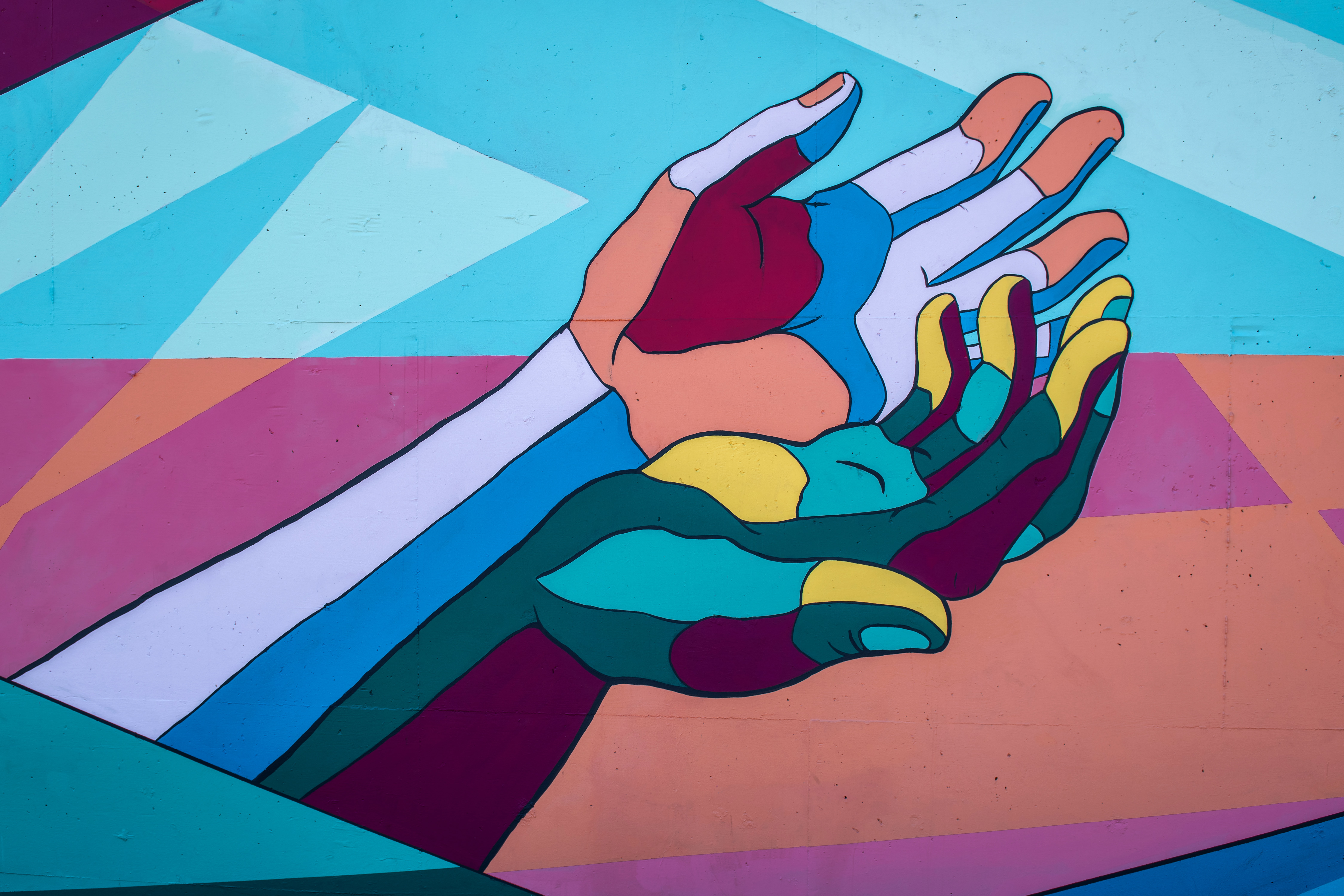June 4, 2021
by Tina Arnoldi
 People with lived experience of psychiatric or psychosocial disabilities face significant barriers to inclusion in mental health research and policy. But when researchers include them, they can help improve healthcare training and the quality of care.
People with lived experience of psychiatric or psychosocial disabilities face significant barriers to inclusion in mental health research and policy. But when researchers include them, they can help improve healthcare training and the quality of care.
A group of researchers recently published a call in the journal Psychiatric Services for researchers who have lived experience with mental illness. The intent is not to bring people in as token representatives, rather it’s to play an active role in the types of questions asked in research studies. I invited people with lived mental health experience to share their thoughts on this need for inclusion in mental health research.
Elizabeth Power, EPower & Associates was diagnosed with PTSD and with MPD (which has since become known as DID). She shares her story with Theravive. “I've never been hospitalized or used medication. I chose therapy and practiced new ways of thinking, feeling, and acting that were similar to people who were doing well and who had life stories like the one I wanted. As I changed my story, which included taking in traumatic experiences across health care, accidents, losses early in life, my life changed. I earned an MA in Education, in Human Resources Development and became an authority in evidence-informed learning and replication of mental health care models. I'm published as the third author in medical journals for research in Psychiatry at Georgetown University Medical Center where I am an adjunct instructor in Psychiatry. I'm helping Japan craft models of trauma-informed care. I own a business, The Trauma Informed Academy.”
Rob Aitcheson offers a different example of lived experience. He began his career as a peer support specialist for a community mental health center in New Hampshire. To him, sharing his lived experience with others is a necessary part of his continued recovery. Now in his role as executive director of NAMI Charleston Area, he still sees the value in sharing his lived experience. “I share my story because I want to help others see that they can share their own experiences. We are already seeing more and more individuals, celebrities, and organizations share their stories in an effort to reduce stigma and influence change. There has to be a way to record that information that is beneficial to the data research needs.”
Power adds an excellent point about what we already know regarding the numbers who experience mental illness. “About 25% of the people who are already doing research meet the criteria for some mental disorder listed in the DSM-V,” said Power. “They are probably on some form of medication for that disorder. If you believe in universal exposure to trauma which plays a role in many troubles folks have, 100% of us meet that criteria.”
Power also notes that research has been more focused on quantitative, not qualitative research. “The focus on statistical analysis and random controlled trials (RCTs) as the gold standard makes it hard to include other types of research. Many disenfranchised communities are excluded from the pool of researchers because of educational access yet they still see the value of something successful three grandmothers have done. There are lot more people including who can do research when it's framed in a way that values their knowledge and experience.”
Aitcheson encourages researchers to consider smaller, local organizations, such as NAMI Charleston Area as an important link in obtaining relevant data for studies. "In some cases," he says, "they are made up of members who either have a mental health condition or have been impacted by a loved one's mental health journey."
"How do we accommodate the infinite varieties of experience?" asked Power. "Accepting that universal exposure to trauma underlies many disorders levels the playing field a lot. Then we are equal, even if the impact has been different.”
Tina Arnoldi, MA is a marketing consultant and freelance writer in Charleston SC. Learn more about her and connect at TinaArnoldi.com